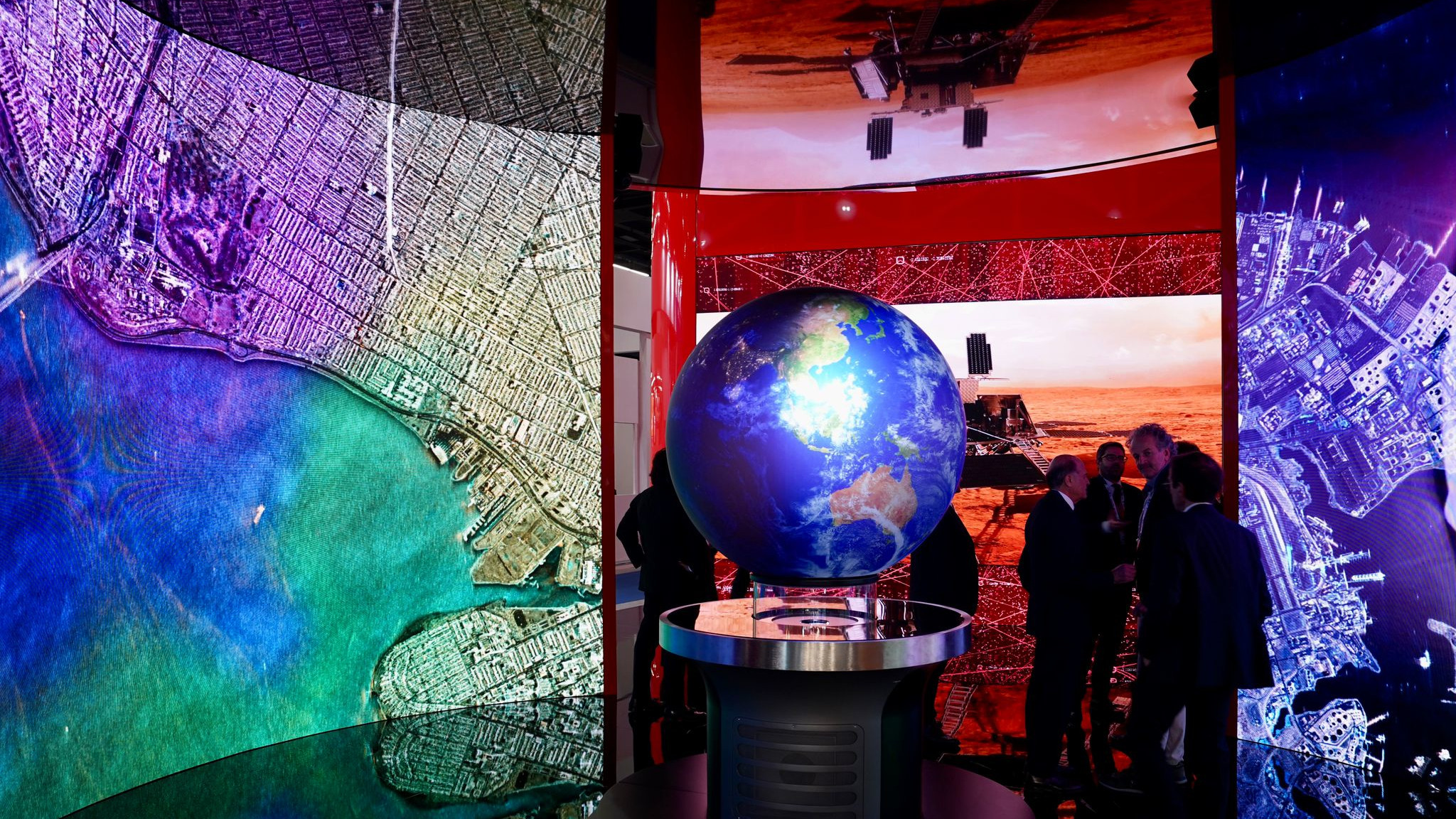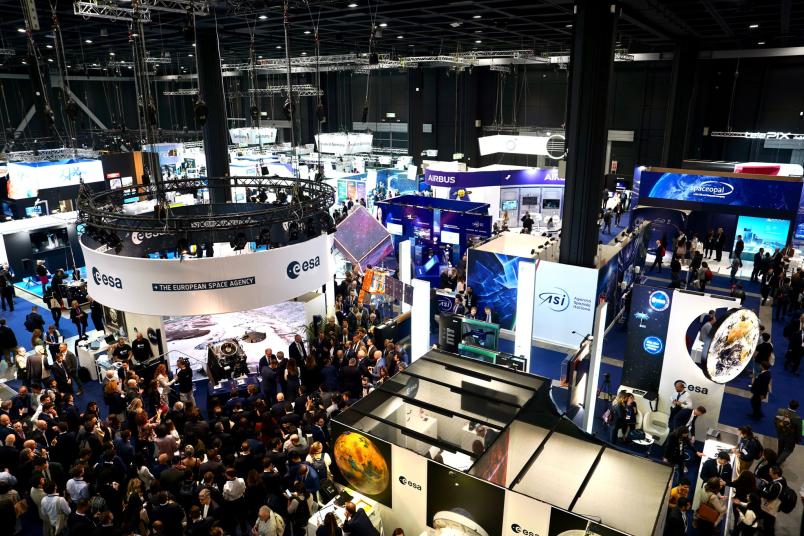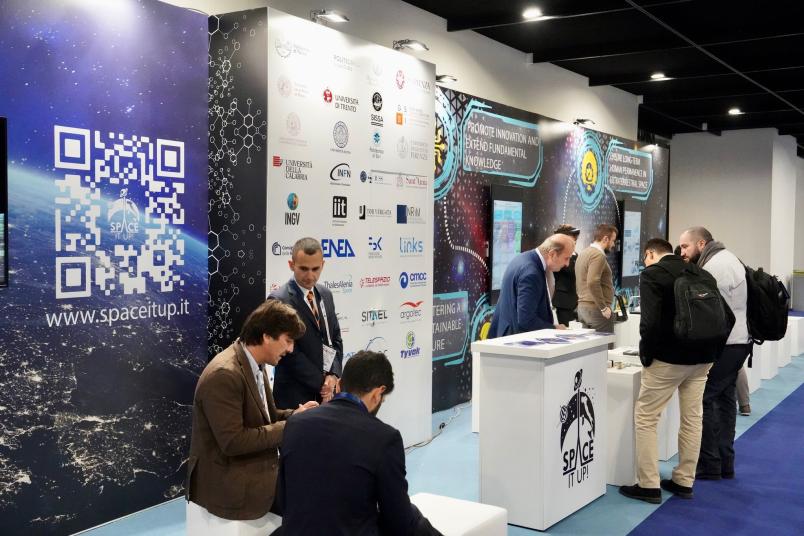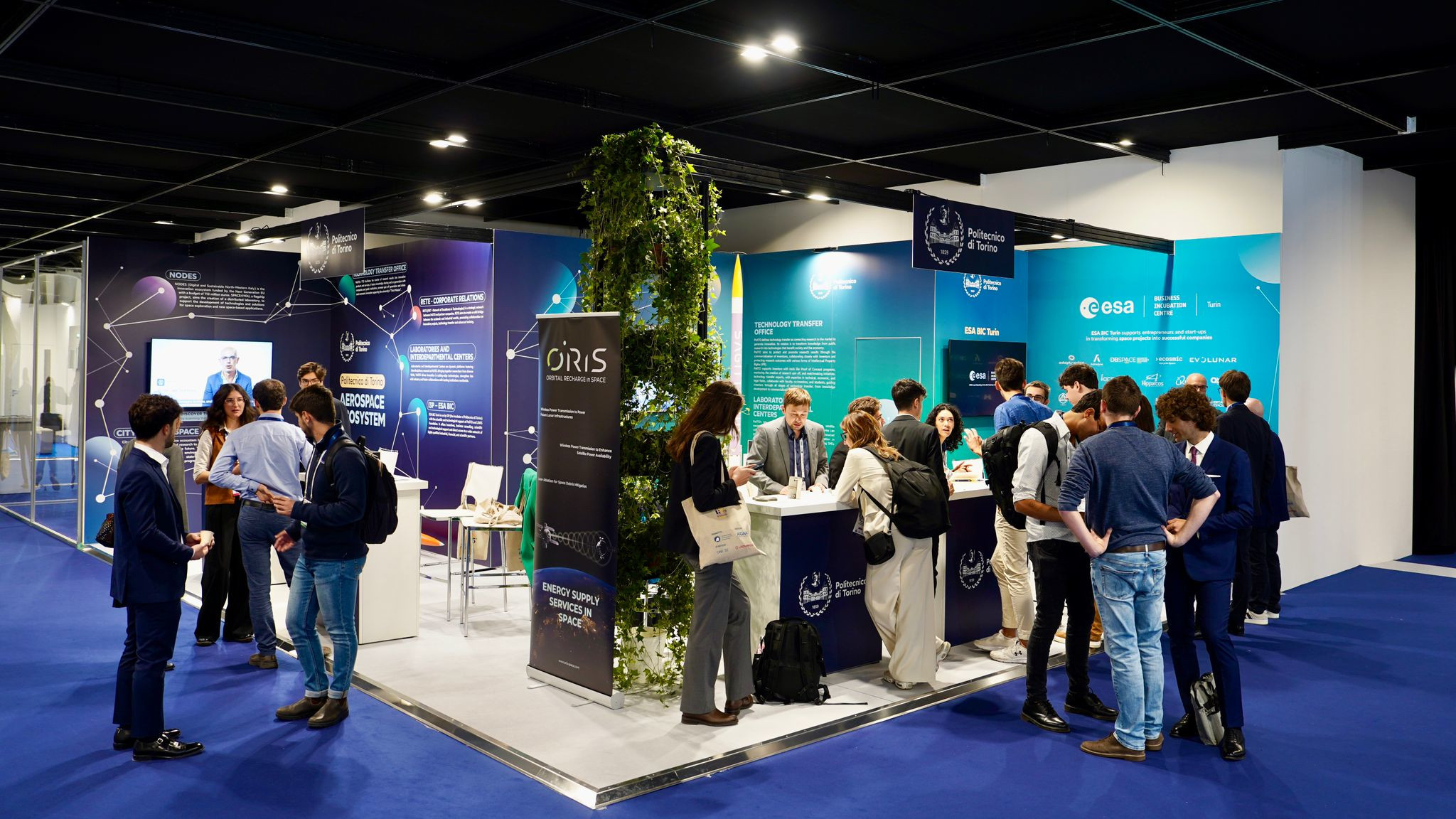
Politecnico's space research told at IAC
There were many lines of research presented by Politecnico at the 75th International Astronautical Congress-IAC: the University brought to the public's attention its laboratories, advanced research infrastructures and cutting-edge instrumentation developed in the aerospace field, a complex “ecosystem” designed to enhance the knowledge acquired and transfer it to the social and economic context.

Upstream and downstream technologies
The studies conducted at PoliTo are characterised by an innovative vision that considers that considers it essential to adopt an integrated approach to the various segments of the space economy as fundamental, from the upstream – creation of space infrastructures, satellites, launchers and space stations – to the downstream – benefits arising from the data collected in space, data then transformed and used in various areas including, to name the main ones, earth observation, satellite communication and satellite navigation.
The shared goal of the Politecnico's professors and researchers is to design distributed laboratories, centres and infrastructures, to uniformly support the advancement of research in this field. It starts with the realisation of new technologies and systems for space exploration, and innovative technologies and materials for the design and manufacturing of aerospace components and systems. This is followed by the design of micro and nano satellites for advanced applications and new related services – specifically the CubeSat, a type of miniaturised satellite with a cube shape, a volume of 1 dm³ and a mass not exceeding 2 kg. Emphasis is therefore placed on the development of earth observation and ground segment systems – mission control centres and transmission to receiving stations on earth – for the collection, processing and distribution of data that will then be processed to extract high value-added information. Central to this is the search for ever more advanced techniques for data extraction. The challenge, which is crucial today, is to be able to accurately select, from the massive amount of data acquired by satellites, only those that can meet the real needs of institutions and companies in the area. These are actors who have an interest in using the information obtained to monitor and document the use, and changes, of land associated with climate change, urbanisation, drought, fires, deforestation and other natural processes and human activities.
A City Dedicated to Aerospace
So, from the construction of payloads - everything that is taken into space through the use of a launcher - to the design of scientific missions to explore the universe and the terrestrial application of satellite data: this is a way of interpreting research that aims to provide clear, uniform and inclusive answers to the challenges of our time. Moving in this direction is the project for the future Aerospace City in Turin, in which Politecnico will have 12,000 square metres at its disposal to develop its research activities in collaboration with companies in the area working in the aerospace sector. The start of the renovation of the infrastructure, located between Corso Marche and Corso Francia, was formalised on 28 November 2023: the building work, which will be carried out by Politecnico, currently envisages a total economic framework of around 42 million euros and is financed through internal University funds of around 25 million and major public funding defined within the framework of the “Programme Agreement for the creation of centres for innovation and technology transfer through research, demonstration and curricular, professional and continuous training functional to the development of manufacturing industry 4. 0 and aerospace industry”. Companies wishing to participate in the project will be able to collaborate with PoliTo on three research areas: hybrid-electric propulsion technologies and generation, hybrid-electric propulsion and space exploration.

The major PNRR projects on space
L’Ateneo è quindi impegnato nello sviluppo di tre importanti progetti sulla ricerca spaziale finanziati in ambito PNRR-Next Generation EU.
Politecnico is involved in the development of three major space research projects funded under the PNRR-Next Generation EU.
PoliTo is coordinating Spoke 1 - Air Mobility of the National Centre for Sustainable Mobility - MOST, with Giorgio Guglieri, professor at the Department of Mechanical and Aerospace Engineering-DIMEAS, in the role of scientific head of activities. The spoke aims to build a network of research centres and laboratories, large-scale demonstration environments and full-scale prototype applications. The aim is to develop new technologies for high-efficiency, low-carbon civil aviation, medium/short-haul transport and regional and utility services; to identify logistic alternatives based on high-autonomy air and multi-modal services; to outline guidelines for the design of autonomous and single-pilot systems in aeronautics; and to assess market opportunities arising from new technologies.
Politecnico also participates in the SPACE4YOU (SPace Activities and CompEtences for industrY bOost in bUsiness) flagship project, funded as part of the NODES innovation ecosystem - Digital and Sustainable North West. The project is coordinated by Sabrina Corpino, professor at the Department of Mechanical and Aerospace Engineering-DIMEAS, and Fabio Dovis, professor at the Department of Electronics and Telecommunications DET. The aim is to set up a distributed laboratory dedicated to “small satellites” and the new space economy. The partners are committed to establishing a central knowledge portal, called Space4You knowledge portal, which can function as an open-source web repository for collective resources, including techniques, methodologies and tools for the design, simulation, development and testing of new space systems. A portal to foster the open exchange of knowledge and technology transfer between academia and large companies, small and medium-sized enterprises, accelerators and incubators in the aerospace ecosystem.
PoliTo is also leading the Space It Up! project, funded by ASI and the Ministry of Universities and Research. The scientific advisor for PoliTo's activities is Erasmo Carrera, professor at DIMEAS. The ambition of the project, which brings together Italian expertise in space science and engineering, is to put the country at the forefront of research into Earth observation and protection, extraterrestrial exploration, artificial satellites and remote sensing. The aim of the project is to develop innovative technologies to support and promote future space activities. The research also aims to advance original solutions to improve the resilience of space and ground-based infrastructures to extreme weather phenomena, to promote new ideas to make mankind a multi-planetary species, and to foster collaborations between partners and new synergies to eventually propose innovative and multidisciplinary solutions in the space field.

